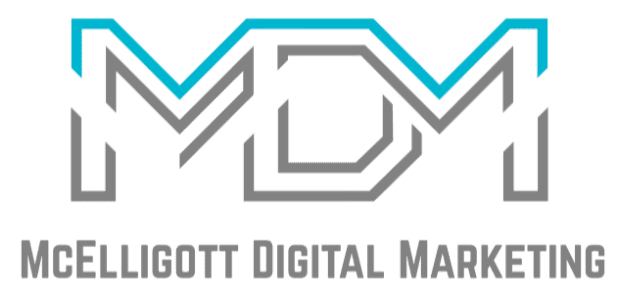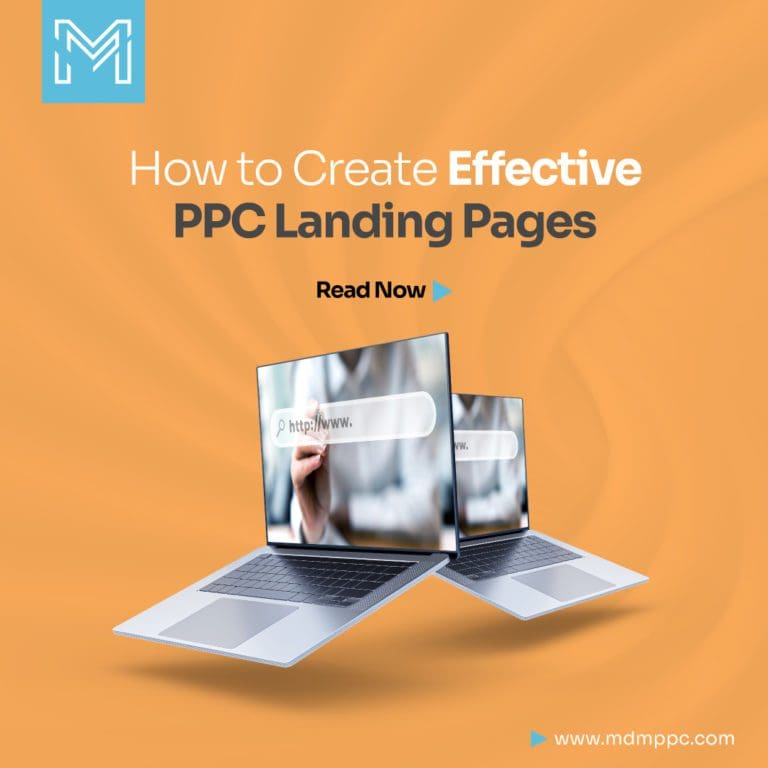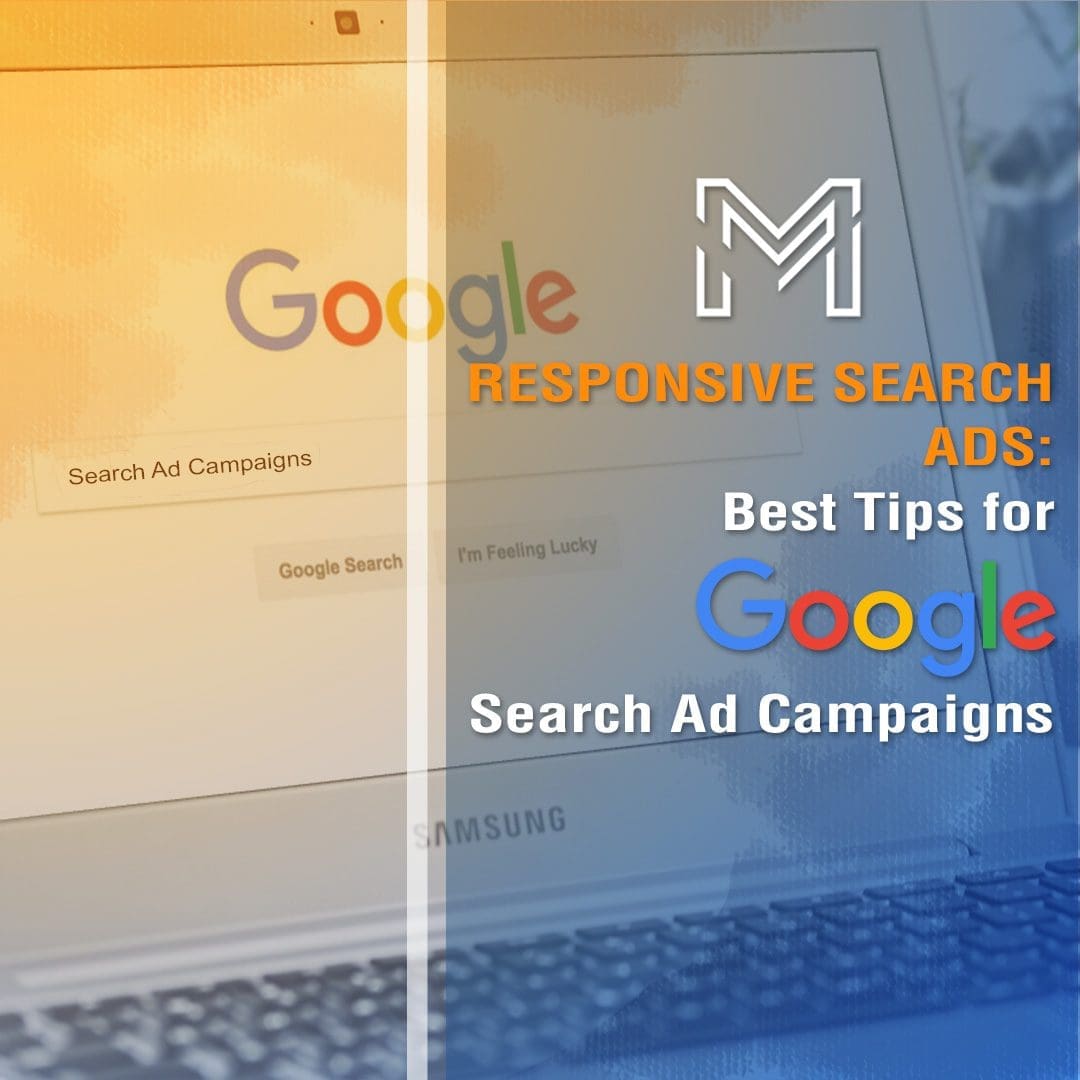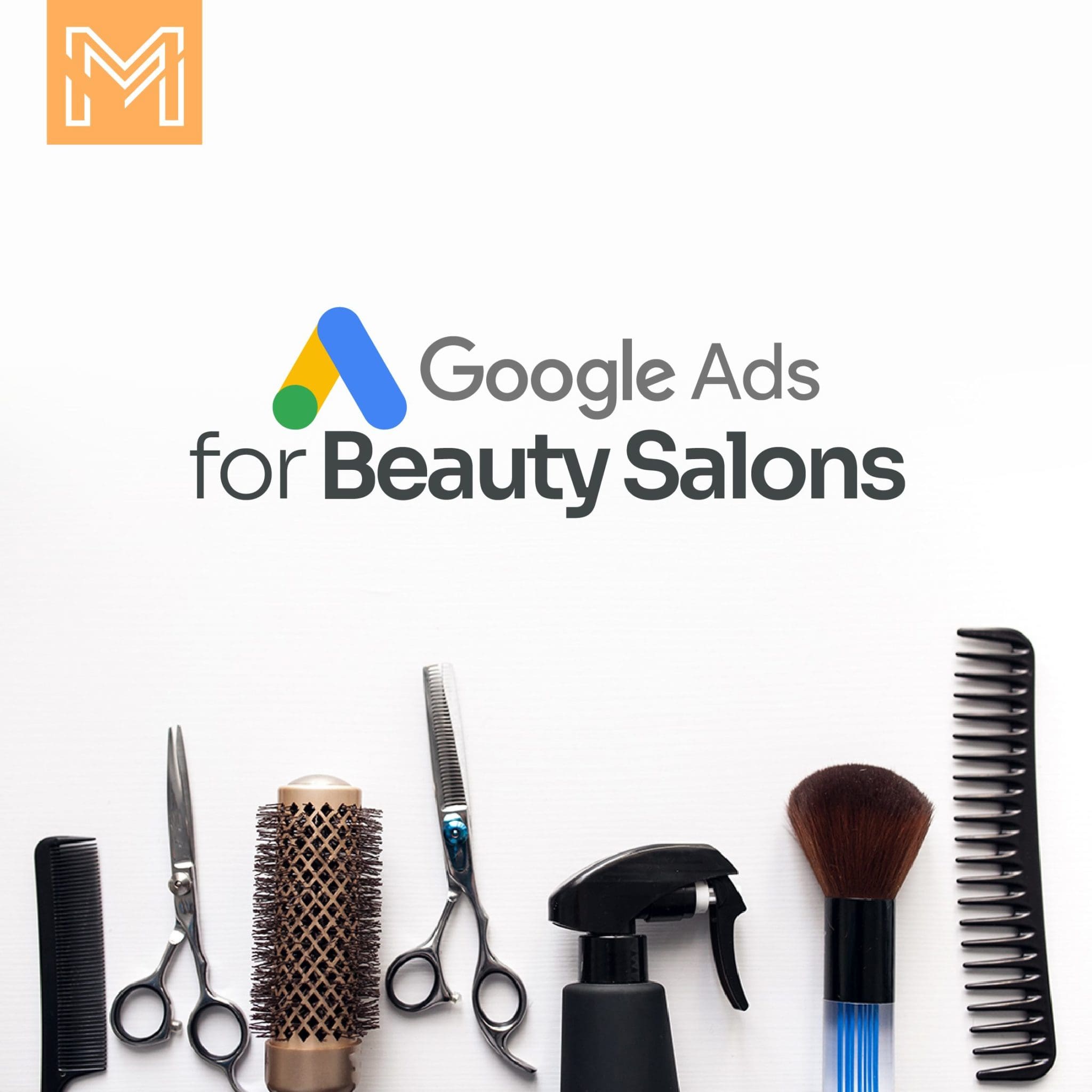If you’re currently running a PPC campaign, it’s crucial to ensure that your landing pages are effective.
Don’t make the mistake of neglecting them, as it could lead to a decrease in ROI and wasted advertising dollars.
Have you noticed that as you browse the internet, you encounter landing pages all the time? They could be the designated page after clicking on an ad, the page following a call-to-action, or the homepage of a website. Regardless of how you end up on a landing page, its primary goal is to convert you into a lead or customer.
That’s why landing pages are essential components of any business’s digital marketing strategy.
In this post, we’ll talk about the best tips to provide you with a definitive guide to optimizing your PPC landing pages. From simple tweaks to bold, attention-grabbing optimizations, each of the techniques listed below will have an immediate impact on your conversion rates.
Let’s get started!
What is a landing page?
A landing page is a web page that is specifically designed to receive and convert traffic from a specific source, such as an advertisement or an email campaign.
The goal of a landing page is to prompt a user to take a specific action, such as filling out a form, making a purchase, or downloading a resource.
For example, if you click on this ad:
You’ll be directed to this landing page:
Landing pages typically contain a clear and concise message, a prominent call-to-action (CTA) that encourages the user to take the desired action, and a form or other means of collecting information from the user. The design of a landing page is often streamlined, with minimal distractions or links to other pages, in order to keep the user focused on the primary goal.
They can be used in a variety of contexts, including e-commerce, lead generation, event promotion, and more. By targeting specific audiences and providing a clear value proposition, landing pages can be an effective way to drive conversions and achieve business goals.
Landing pages can be customized to complement search ads, and they can differ from other pages on your website, such as product pages.
For instance, if you want to boost brand awareness, you can use a PPC ad that directs users to your homepage. However, if you aim to increase sales of a particular product during the summer season, it’s best to create a standalone page that focuses solely on that product.
If you’re running a Google search campaign, it’s essential to ensure that your landing page and display URL share the same domain. The landing page experience is a critical factor that influences a keyword’s Quality Score, among other things.
The landing page experience comprises factors such as the relevance and usefulness of the information provided, ease of navigation, and the number of links on the page.
Why do you need to optimize your landing pages?
Landing pages fall in the middle of the sales funnel, and if they’re not optimized, it will only be a waste of your advertising efforts. Let’s see more reasons why it’s important to optimize landing pages.
1. Landing pages improve brand awareness
Businesses can enhance their brand awareness and generate PPC traffic by developing landing pages that cater to the user’s search query.
Your company’s name and logo can be prominently displayed on landing pages to improve brand recognition and visibility.
Furthermore, including concise and persuasive content that emphasizes the company’s or product’s distinct features can entice users and establish a favorable connection with the brand.
2. Increase conversions
Typically associated with pay-per-click (PPC) advertising campaigns, landing pages are created to direct PPC traffic toward a particular objective, like subscribing to a newsletter or completing a purchase.
A primary advantage of landing pages is their ability to boost conversions. A well-crafted landing page that matches the connected advertisements can lead to a greater conversion rate than a general homepage.
This implies that a greater percentage of users who click on your ad will complete the desired action, whether that is purchasing a product, subscribing to a service, or downloading a resource.
3. Landing pages generate data and provide actionable insights
By analyzing the data and insights obtained from landing pages, you can gain a better understanding of their effectiveness.
For instance, if a landing page attracts high traffic but has low conversion rates, you can identify the need for modifications to enhance its conversion rate.
Likewise, if a particular keyword brings in a significant amount of traffic to your landing page, but visitors do not convert, it may be necessary to modify your PPC campaign and shift to a different keyword. To gather user data, landing pages can feature forms that request the user’s name, email address, and phone number.
4. Grow your email list
If a business is dependent on PPC traffic, landing pages become an indispensable means of expanding their email list.
By offering an incentive and asking for just an email address, landing pages can efficiently and promptly help grow the email list. By expanding their email list, businesses can attract potential leads and develop long-term relationships with potential customers, ultimately leading to sales.
Best PPC landing pages tips you need to know
1. Keep the PPC landing page consistent with the keywords
If you want to avoid annoying people who use Google (and just people in general), you need to deliver on your promises.
So, when you’re running PPC ads, make sure that the landing page you send people to matches the keywords you bid on and that the page delivers what your ad copy promised. That way, you won’t be wasting people’s time and getting them all worked up for nothing!
The landing page looks like:
So, let’s say you’re running an ad that says “Get Cheap Air Tickets to London” – it wouldn’t make sense to send people to a page that talks about “The Best Things to See in London,” right?
Make sure that the landing page matches the keyword you’re targeting in your ad. When you do this, your ad will be more relevant, and your ad’s quality score will go up. And that’s a big part of making your PPC campaign work like a charm!
2. Craft a clear and concise headline
When you make a landing page for your PPC ad, make sure to use headlines that highlight the benefits.
Did you know that about 7 out of 10 people who visit your landing page will leave quickly? To prevent this, make sure your headline clearly and quickly tells them what’s in it for them.
Your headline is the first thing people see, so make it count by communicating the value of your offer right away.
3. Include compelling visuals
Images and videos can help to grab visitors’ attention and convey your message more effectively. Use high-quality visuals that are relevant to your offer and help to illustrate its benefits.
Make sure that your visuals are optimized for fast loading times, as slow-loading images or videos can negatively impact your conversion rates.
4. Highlight the benefits
Visitors to your landing page want to know how they will benefit from your offer. It’s important to clearly communicate the benefits of your offer and how it solves a problem for your target audience.
Use bullet points or short paragraphs to make it easy for visitors to scan and quickly understand the benefits of your offer.
5. Include social proof
Social proof can be a powerful tool in persuading visitors to take action. Include customer testimonials, reviews, or case studies that demonstrate the effectiveness of your offer.
This helps to build trust and credibility with visitors, making it more likely that they will take the desired action.
6. Use a clear call-to-action (CTA)
Your CTA is the action you want visitors to take on your landing page, such as filling out a form, making a purchase, or scheduling a call. Make sure that your CTA is clear, prominently displayed, and stands out from the rest of your content.
Use action-oriented language that encourages visitors to take action, such as “Get Started,” “Download Now,” or “Join Today.”
7. Optimize for mobile
More and more people are accessing the internet on their mobile devices, so it’s important to optimize your landing page for mobile users. Make sure that your landing page is mobile-responsive, meaning that it adjusts to fit the screen size of the device being used.
This ensures that your landing page is easy to read and navigate on any device.
8. Keep forms short
If you’re using a form on your landing page to collect visitor information, keep it short and simple. The more fields you include, the less likely visitors are to complete the form.
Only ask for the information you really need, such as name and email address.
9. Use A/B testing
A/B testing, also known as split testing, involves creating two versions of your landing page and testing them against each other to see which one performs better.
You can test different headlines, visuals, CTAs, or other elements of your landing page to see which ones have the greatest impact on conversion rates.
10. Continuously improve
Once you’ve created your landing page, it’s important to monitor its performance and continuously improve it over time. Use analytics tools to track your conversion rates and other key metrics, and make adjustments as needed to improve your results.
Remember, a landing page is never “finished” – it’s an ongoing process of testing and optimization to achieve the best possible results.
Over to you
Landing pages are super important for getting new leads, so you need to give them some love! There are a ton of things you can change and add to make them work better, so there’s no reason you can’t make a killer landing page that gets results.
Just follow the tips we talked about, and you’ll be on your way to a high-performing landing page.
And if you need some extra help, don’t hesitate to hit us up – we’re here for you!
Want us to craft converting PPC landing pages for you?





